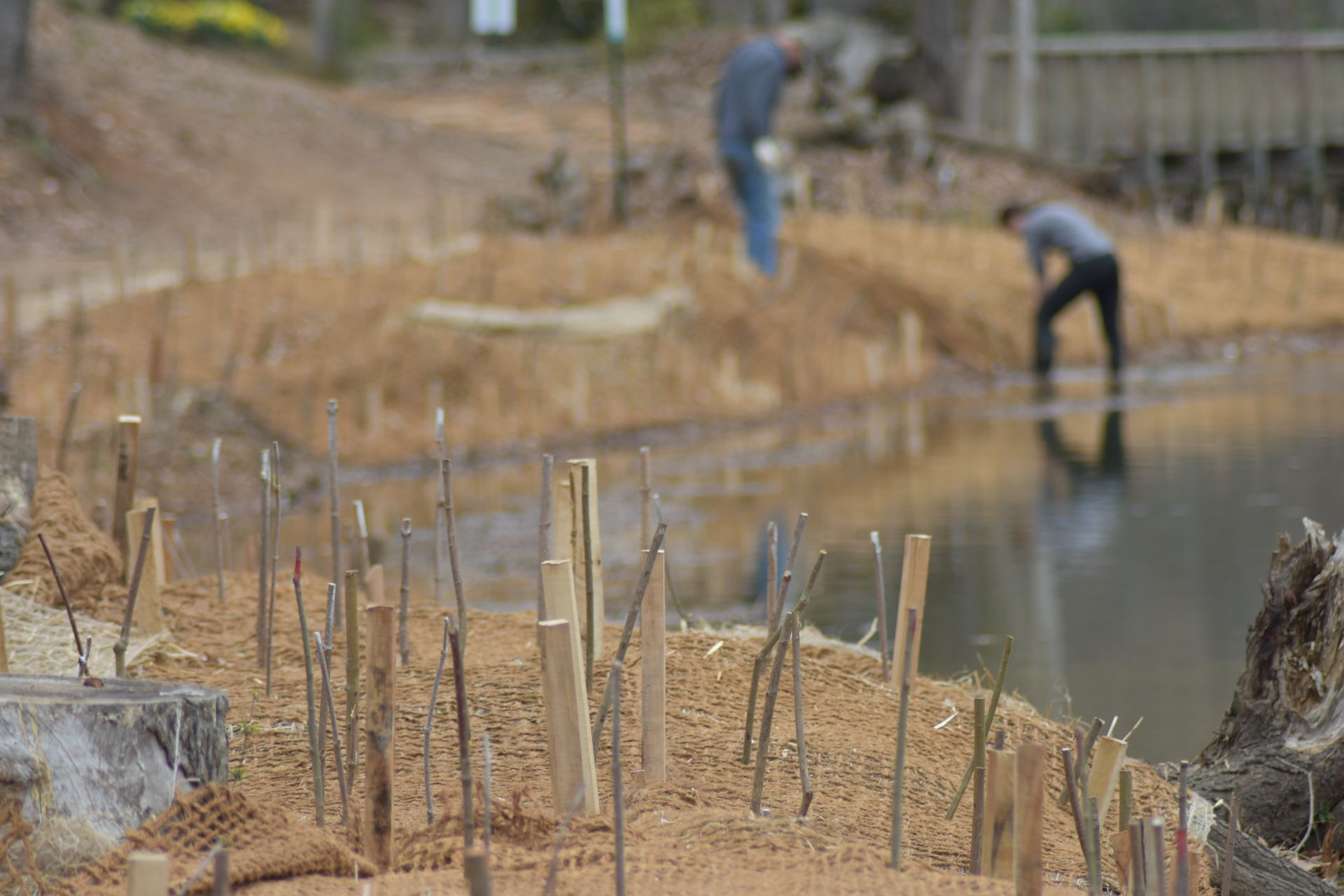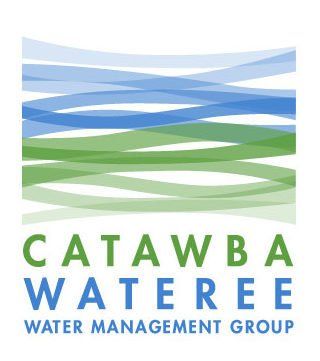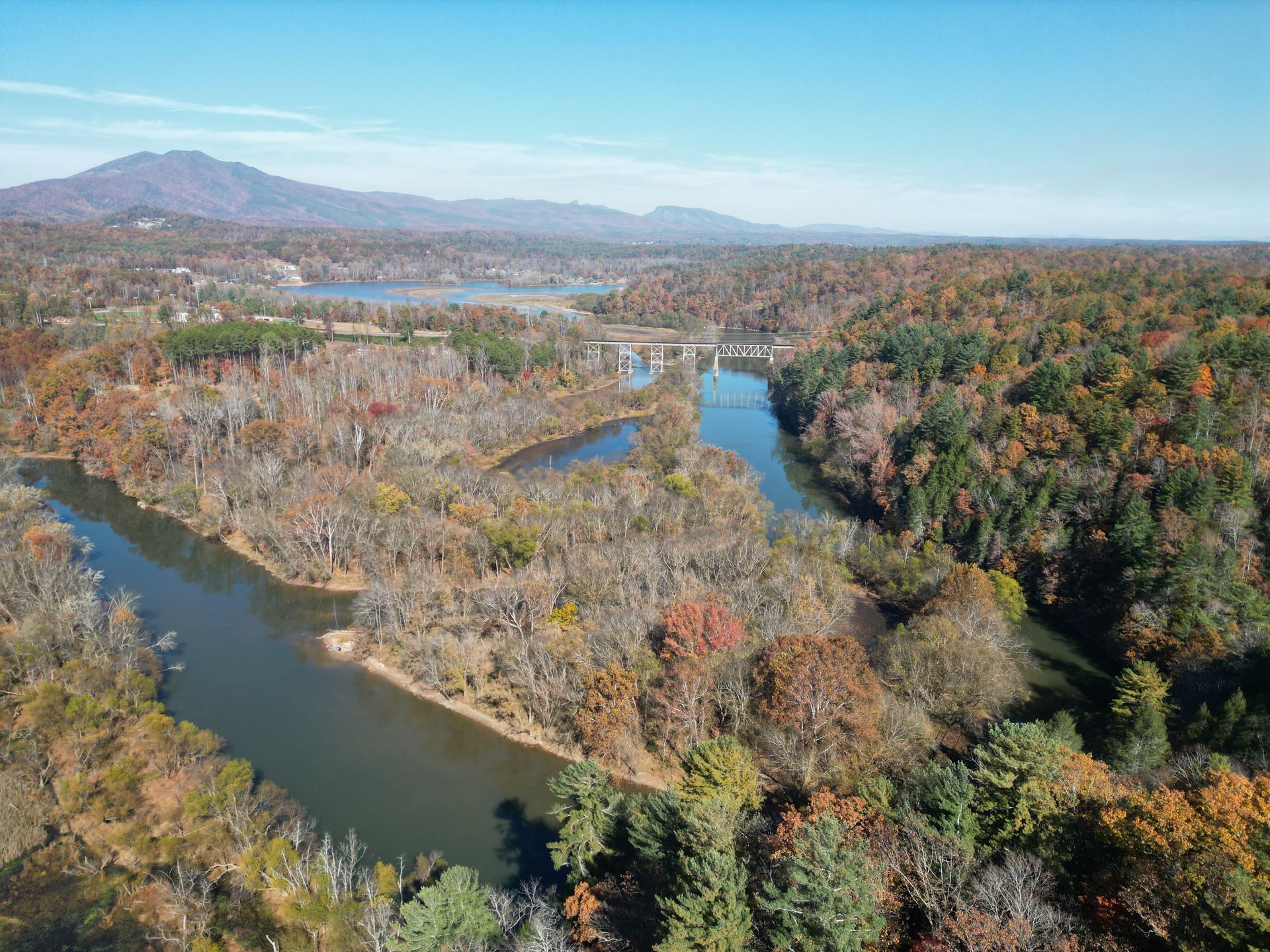Deep Dive Into Swim Guide 2023
A closer look into our summer-long program that helps the community make smart swimming decisions!

Swim Guide is a program conducted throughout the United States and beyond that tests the water at popular swimming for E. coli, a type of fecal bacteria. Our staff and volunteers collect water samples every Thursday, and testing results are ready to go by Friday afternoon, allowing the public to make more informed decisions about weekend swim plans.
Below, you’ll find answers to some commonly asked questions and other interesting facts about what goes on behind the scenes to make Swim Guide possible!
Why did you start doing Swim Guide?
Swim guide was requested by the public. People wanted information about the water that they are swimming in. We were happy to take on this role and find a new niche where we could utilize our resources to inform and protect the residents and visitors who enjoy swimming in our basin.
How many sites do you test?
We test 64 different swim sites within the Catawba-Wateree River Basin, from Lake James, North Carolina down to Lake Wateree, South Carolina.
How do you choose which sites to test?
There are three main criteria when assessing a potential site:
- Is the site public? The site must be somewhere that is accessible to the general public, either by boat or by foot/vehicle.
- Do people actually swim there? Even though a site may be marked as a swimming spot, it may not be utilized as such very often. We want to make sure our efforts go towards places where we know the water will be used for recreation regularly!
- Is there a reasonable chance of pollution? Swim sites located near busy roads or downstream from factories and other pollutant contributors are more likely to face contamination. Heavily monitored areas like state parks and national forests are less likely to have contaminants since they have greater protection; therefore, we do not test in those areas.
Does the government play any part in testing?
While there is a federal law requiring all oceanside beaches and the Great Lakes to keep track of water quality, no such law exists for inland freshwater bodies. North and South Carolina have some laws directed towards their freshwater, but neither state requires consistent water testing. South Carolina requires beaches partitioned on a lake to be tested regularly. North Carolina’s only requirement is testing state lakes once every five years. This test does not track fecal bacteria, elevating the importance of our efforts to track E. Coli.
Why do you collect samples on Thursday instead of Friday?
When we prep our water samples for testing, we use a specific enzyme that detects E. Coli which requires at least 23 hours to culture. Because of this, we have to have the samples prepped and set aside by Thursday afternoon so the results are ready to go by Friday at 5 pm.
You can view the full testing process by checking out our Instagram and Facebook reels where we’ve created videos demonstrating the behind-the-scenes Swim Guide research!
What are the biggest hurdles you have to manage?
.One of the drawbacks currently affecting us is the delay between gathering samples and receiving results. Because of the 23-hour delay in finalizing results, the water we sample on Thursday morning may not always reflect the water quality at a later time. If stormwater runoff, pollution, or any other outside contaminant enters the water system after the sample is collected, the results may no longer be accurate.
What has been the most surprising thing that you’ve encountered this summer?
We did not anticipate McGalliard Creek Falls having such high levels of E. Coli. This is our first summer testing the Falls, and it has been our only area with consistently high levels of bacteria throughout the summer. Our team is working with local authorities and wastewater management to accurately trace and eliminate the contaminant, but until then, we will keep reminding folks to steer clear of the McGalliard Creek Falls’ water.
How can I be more involved in the Swim Guide process?
To test 64 different sites, Swim Guide takes a team effort. We are so very thankful for our volunteers. Swim Guide would not be possible without their help.
If you’re willing to donate some time on Thursday mornings in the summer months to help collect and/or transport samples back to our headquarters, we would be immensely grateful for the support.
If you are interested in helping but do not have availability on Thursdays, you can also consider becoming a sponsor of a swim site! Having a sponsored site means that we can continue to test that site’s water quality and have sufficient funds for equipment. We hope to maintain our current sites and take on more in the summers to come, but this is only possible with our amazing sponsors, donors, and volunteers!
Thank you 2023 sponsors!
- David and Nancy Hauser
- Lake Wylie Marine Commission
- Julia Pepper
- Catawba Yacht Club
- McLean
- Duke Energy
- Stephen and Marlene Manser
- Bill Kopp
- Ed Lindsey
- Trump National Golf Club
- Eva Harris









